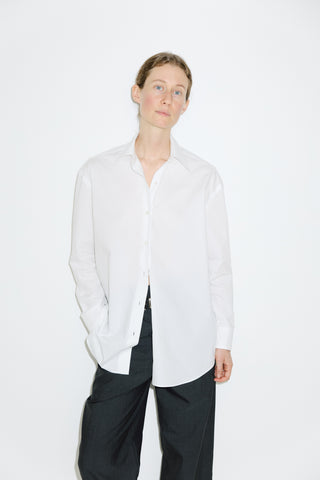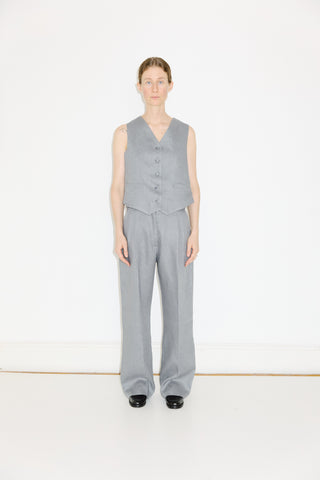No 8
Virginia Woolf
"she cannot hold her gaze. This creature, this woman, this elf, this sorceress, this forest sprite
In 1928, Virginia Woolf was asked to speak about “women and fiction”. Her two conferences later became A Room Of One’s Own. Woolf observes a discrepancy between history and fiction. Lady Macbeth, Berenice, Phedre, and Medea, from whose lips fall “[s]ome of the most inspired words, some of the most profound thoughts in literature”, were concocted when real women could barely write and were the property of their husbands. The genealogy of female authors is scant and ghostly because for centuries, women’s poetic talent was hounded with illiteracy, poverty, ridicule, and insanity. Indeed, Woolf agrees with an old bishop who stood by the idea that “it was impossible for any woman, past, present, or to come, to have the genius of Shakespeare”. And she does so precisely because she knows artistic work rests on the very things that women have been deprived of: time to spare, a library, and a room with its own lock and key. In one clean swipe, Virginia shakes off the mystique of the author figure and goes on to explain how art actually depends on a network of social and financial conditions that pay for the right of free thinking. With precision and rigor, she sticks her tongue out at the long lineage of gentlemen who conform and confirm the literary cannon and points out that if there have hardly been any female writers, it is because women have been historically poor and illiterate. It is ultimately a call to action: it takes money to contemplate, it takes freedom to think independently and a lock on the door to be able to choose. An extraordinary little book to carry around in our pockets, with mantras to warm up the times when a room of one’s own has too high a price, leaving no option but to grit our teeth: “Lock up your libraries if you like; but there is no gate, no lock, no bolt, that you can set upon the freedom of my mind”.
— A room of one’s own, Great Britain, Penguin Books, 2020 [1929]



